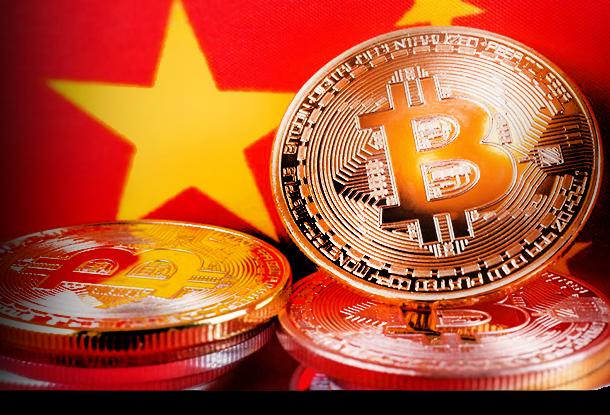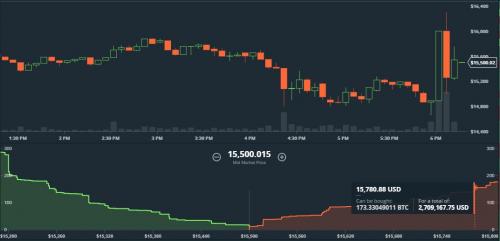The frenzy around cryptocurrency has died down in recent months, but a new asset class in the form of initial coin offerings (ICO), the cryptocurrency equivalent to initial public offerings (IPO), may emerge for Middle East investors if the right regulatory framework is established.
For the coin issuers in the region, the collapse in price in the likes of Bitcoin has spurred them to adapt their offerings to provide greater comfort to prospective buyers.
In December, the UAE’s Securities and Commodities Authority (SCA) announced it would introduce rules to govern ICOs by the end of June 2019, revealing it was working with both the Abu Dhabi Securities Exchange (ADX) and Dubai Financial Market (DFM) to develop cryptocurrency trading platforms.
That would make the UAE one of the first countries to establish clear guidelines for ICOs in what is largely an unregulated, opaque corner of the financial services sector.
In theory, any company could launch an ICO, publishing a white paper explaining its business plan and the mechanics of how its coin, also known as a token, would work. The firm could then sell coins to investors, usually accepting payment in other cryptocurrencies such as Bitcoin and Ethereum, plus fiat currencies.
ICO subscribers essentially bet that the coin will be widely adopted and so increase in value. Unlike share sales, ICOs do not give subscribers a stake in the selling company, a factor that has proved the ruin for all too many investors.
Of the nearly 390 ICOs listed on icodrops.com, which tracks their post-sale performance, only 42 had provided a positive return in dollar terms, while 168 had lost more than 90 per cent of their value.
While the likes of IOTA and Ethereum have provided ICO investors with returns of over 400x their initial investment, the crypto mania of late 2017 has long passed, and ICOs have so far made little mark in the Middle East, with regional issuers now adapting the concept to better allay investor concerns.
“Doing an ICO is the expected route for a new cryptocurrency. There are two huge challenges – one is being able to generate enough awareness and credibility, because there aren’t any regulations,” says Ibrahim Mohammed, chief executive officer (CEO) at GoldGuard and founder of sister company OneGram, which completed an ICO in 2017.
“The second huge challenge is that you can’t have banking. Banks won’t give you an account. It’s very difficult to receive funds. A lot of investors who were cheated by scam coins [were] mainly because they sent money to other places and there was no direct link to that company at all. Hopefully, with regulation those challenges will start to be addressed.”
OneGram has sold just under half its coins. Had the ICO been fully subscribed it would have raised $500 million. Crucially, each OneGram coin is backed by one gram of physical gold, creating a price floor for the cryptocurrency. Its gold holdings are audited, while the company also has a Sharia advisory to ensure its product is halal. Mohammed predicts the remaining coins will be sold within the next 18-24 months.
“We almost self-regulate, so were able to build some credibility. The initial response for the ICO was good and since then we’ve been building an investor base across about 13 countries,” says Mohammed.
He believes regulations will determine whether ICOs become an established asset class in the region.
“Local funds, family offices etcetera will not invest where there is doubt over whether it could later be deemed illegal or unacceptable by the authorities,” says Mohammed.
“If the regulation was in place, we’d see a lot of investment from the GCC region as a whole. Right now, investors are hesitant. It boils down to regulation and banking.”
Another innovation is the Security Token Offering (STO), which unlike SCOs are asset-backed and provide a smart contract to investors so that they can benefit from the rising value of those assets, also creating liquidity so that exiting the investment is easier. After an STO is complete, there is a lock-in period before investors can sell their holdings.
Source/More: Could ICOs be a better way to raise money? – Wamda















